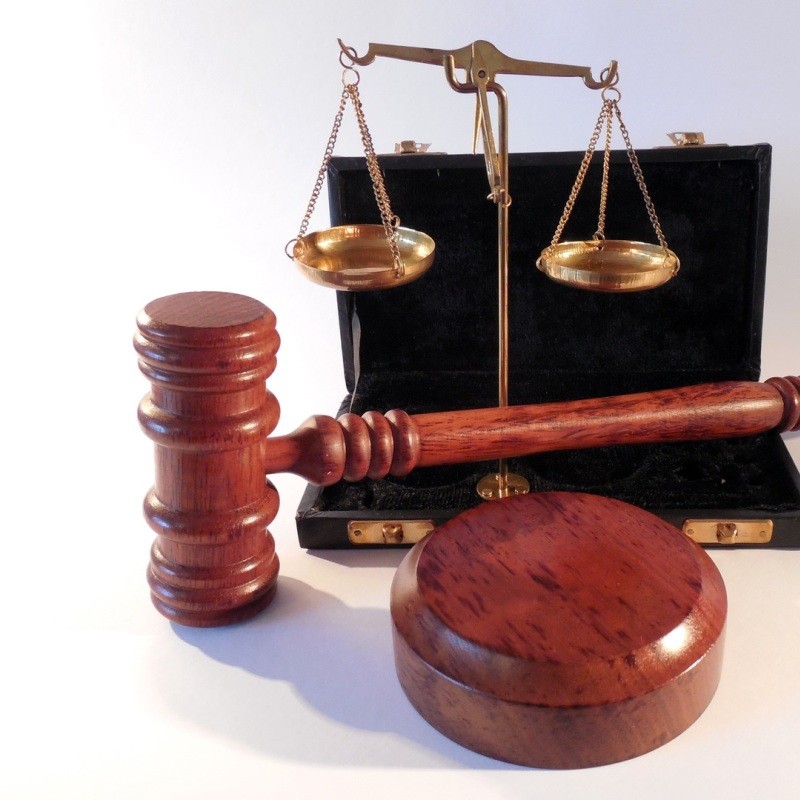
Evidence suggests that greater demands in organisations, both public and private, now and in the future, will place increased emphasis on ethical conduct and professional behaviour. The concept ethics is applied across disciplines. Thus one finds business ethics, clinical ethics, journalistic ethics, administrative ethics, research ethics, to name but a few. Various authors define the concept’ ethics’ as it applies to their specific fields. It is no wonder then
, that one finds a variety of definitions and explanations of the concept. However, on examination of the different definitions and explanations of ethics, indications are that most authors emphasize “right” or “wrong”, “good’ or “bad’, “proper” or “improper” of human behavior. Ethics concern an individual’s moral judgements about right and wrong. Decisions taken within an organisation may be made by individuals or groups, but whoever makes them will be influenced by the culture of the organisation. The decision to behave ethically is a moral one; employees must decide what they think is the right course of action. This may involve rejecting the route that would lead to the biggest short-term profit.
Ethical behaviour can bring significant benefits to a business. For example, it may:
- attract customers to the firm’s products, thereby boosting sales and profits
- make employees want to stay with the business, reduce labour turnover and therefore increase productivity
- attract more employees wanting to work for the business, reduce recruitment costs and enable the company to get the most talented employees
- attract investors and keep the company’s share price high, thereby protecting the business from takeover.
Unethical behaviour, by comparison, may damage a firm’s reputation and make it less appealing to stakeholders. Profits could fall as a result.
Ethical behaviour is an integral part of everything that organisations should do and stand for. Treating stakeholders in an ethical manner is seen as an essential part of the organisation’s success, as described here: ‘A creative and well managed ethical programme is in the best interests of all stakeholders – not just the consumers – but also the shareowners, employees, customers, suppliers and other business partners who work together with the organisation’.
Written by: Dr Chris Hendriks




